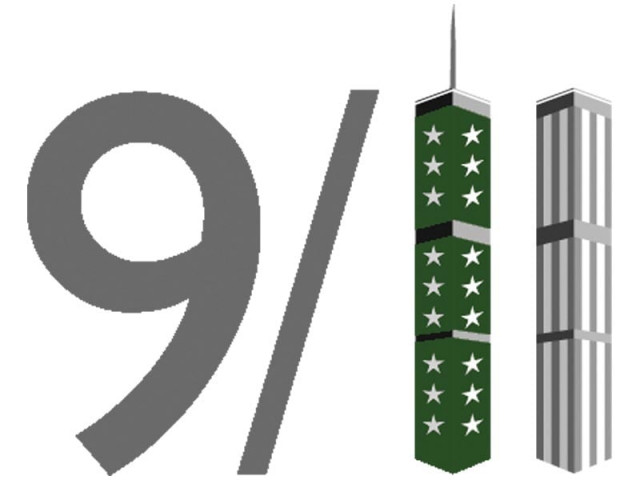Post 9/11: 35,000 lives later, Pakistan stills mulls counter-terror policy
Experts call for giving more power to the nascent civilian-led counter-terrorism authority.

For a nation that has lost nearly 40,000 lives to terrorism, it defies logic that Pakistan has yet to come up with its own national counter-terrorism strategy and policy.
But that may be a secondary step. Eleven years since the US-led ‘war on terror’ began, Islamabad has yet to figure out a consolidated narrative of the war.
“We still haven’t figured out whether this is our war or America’s. It’s been 11 long years since 9/11 and the debate in Pakistan, unfortunately, still revolves around this theme,” says Zafarullah Khan.
Khan, who recently retired after 34 years of service, feels more independent in speaking his mind. What he has to say holds much weight given that he has held key posts in the past, including that of the joint director-general Intelligence Bureau, director-general Federal Investigation Agency, Commandant Frontier Constabulary Peshawar and National Coordinator of the Counter-Terrorism Authority.
“How will this country make a counter-terrorism policy if nobody in the government is willing to empower an independent body that can formulate such a policy,” he said.
NACTA
The National Counter-Terrorism Authority (NACTA) was formed by the government in 2009, but continues to operate in a vacuum.
The federal-level civilian agency was supposed to draft the national counter-terrorism policy after taking input from all stakeholders and conducting research on various aspects of militancy in Pakistan.
However, the body remains ineffective because of internal wrangling on who would control NACTA.
“This important institution was made to suffer because the ministry of interior wanted to maintain direct control over NACTA, while all the federal intelligence agencies and provincial counter-terrorism departments wanted it to come under the direct control of the prime minister,” says former NACTA head Khan.
Super body?
According to the current head of Nacta Khawaja Khalid Farooq, the body is meant to be an official platform for coordination among various investigation and intelligence agencies operating in the county, including the FIA, ISI, IB, etc.
“Our role is not that of a super body over other agencies, but only that of coordination,” Farooq said.
Coordination is one of the main impediments among various counter-terrorism units within the country. In the current scenario, the counter-terrorism effort is led by the military with the ISI acting as the lead agency. Police and other law-enforcement agencies have a secondary role.
There is little or just personal level coordination among officers operating in all four provinces of the country.
Another former NACTA head, Tariq Parvez, published a paper recently in which he pointed out that there is no existing platform for coordination between provincial police forces and intelligence agencies; and the civil and military counter-terrorism departments.
Khan proposed that apart from NACTA, there was a need for a ‘chief of inspectors general of police’ post that would sort out inter-provincial crime and administrative issues with all the four IGs of the provinces on a monthly basis.
Pending
Ousted prime minister Yousuf Raza Gilani had formed a subcommittee to review legislation regarding NACTA. The parliamentary committee on national security headed by Senator Raza Rabbani was called in to finalise the legislation.
According to a draft, it has been agreed that the premier would be the chairman of the body, while the ministry of interior would hold the vice chairman slot. This piece of legislation, however, remains pending at the ministry of interior for its recommendations.
Secretary Interior Siddiq Akbar’s office was contacted for updates on this front, however, they remained unforthcoming. Meanwhile, Interior Minister Rehman Malik did not respond to queries on this legislation either.
Published in The Express Tribune, September 3rd, 2012.



















COMMENTS
Comments are moderated and generally will be posted if they are on-topic and not abusive.
For more information, please see our Comments FAQ